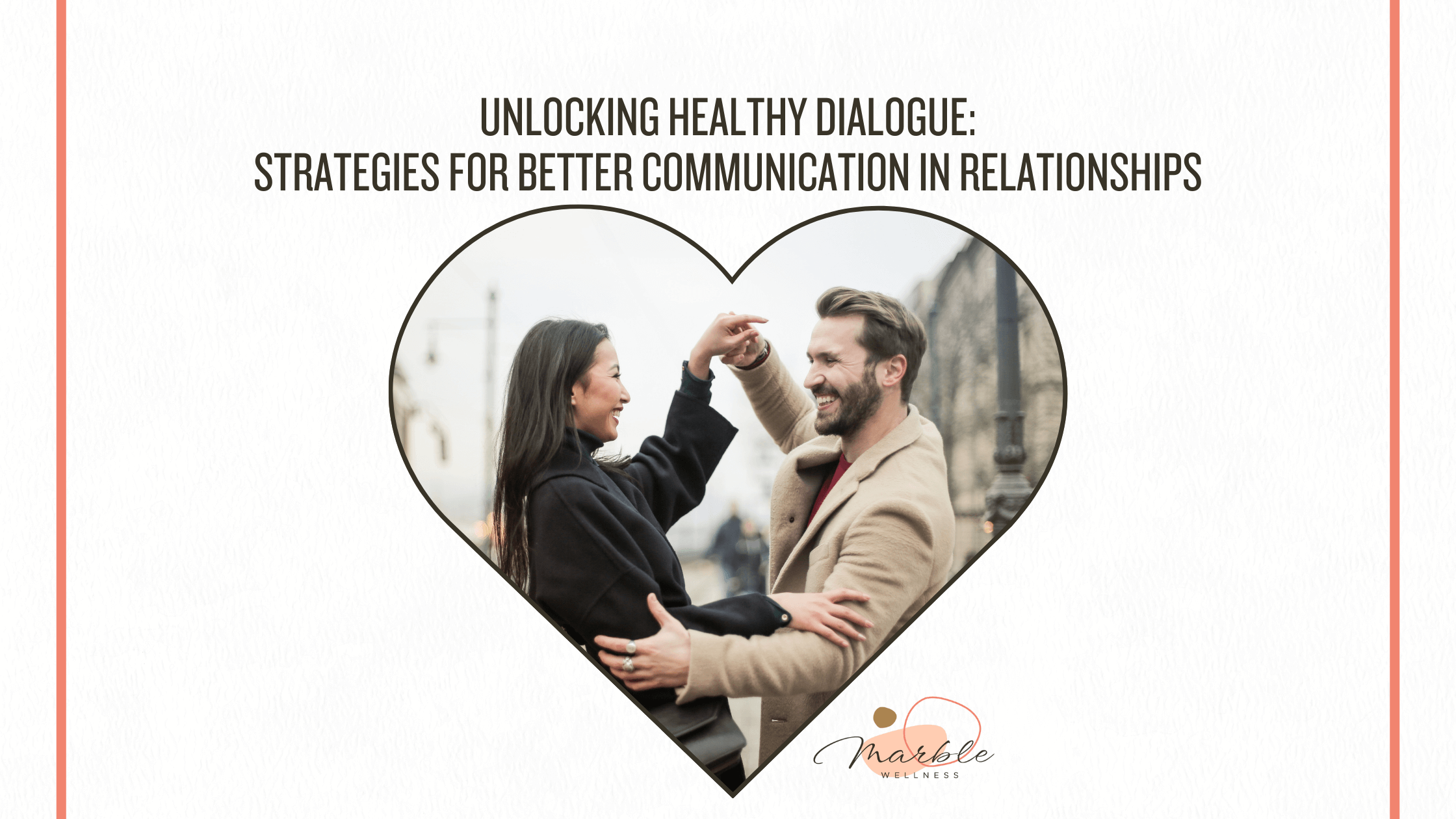Emotions are an intrinsic part of the human experience. They shape our thoughts, behaviors, and interactions with the world around us. While emotions can be powerful and enriching, they can also be overwhelming and disruptive if not properly managed. Emotional regulation is the ability to understand, manage, and express emotions in a healthy and constructive way.
Struggling with emotional regulation is normal!
But it’s easy to struggle with emotional regulation. Those emotions can be powerful!! Throw in anything from childhood or the teenage years, or even young adulthood, and emotional regulation could be extra hard for you.
The “anything” from childhood could be:
- Parents who didn’t regulate their emotions
- Parents who intimidated you into certain behaviors, which meant you internalized feedback about emotions
- Attachment wounds that impacted your view on yourself that lead to certain interactions with emotions in adulthood
Similar experiences as a teen or young adult, which are formative in a different way, can also apply. The point is: because emotions are hard, we usually need help with them. If the help isn’t, well, helpful, the struggles continue into adulthood.
But that doesn’t mean you’re a lost cause! This blog will outline a few ways you can take control of your emotions. Also note: it may feel vulnerable, but ask friends or a partner for help. Therapists are (obviously) a big help here, too.
Ok, without further ado: 7 Ways to Take Control of Your Emotions
1. Understanding Your Emotions
The first step towards controlling your emotions is to understand them. Pay attention to your emotional experiences and try to identify the triggers that evoke certain emotions. Journaling can be a helpful tool for tracking your emotions and patterns. (We know, we know. People suggest journaling all of the time. Some of our own team members join you in the eye roll. But the truth remains: it’s an incredibly powerful tool for insight and understanding. Even if it doesn’t become a “forever” habit, we challenge you to try journaling for 4-6 weeks!
2. Cognitive Reappraisal
Cognitive reappraisal is a technique that involves changing the way you think about a situation to alter your emotional response. Instead of dwelling on negative thoughts, try to focus on the positive aspects or potential opportunities. Most importantly, be realistic when thinking positively.
Research has shown that cognitive reappraisal can be highly effective in reducing stress and improving overall emotional well-being. By consistently practicing this technique, individuals can develop a more resilient mindset, better equipped to handle life’s challenges. Additionally, cognitive reappraisal can enhance interpersonal relationships, as it encourages a more empathetic and understanding approach to conflicts and misunderstandings. Implementing this strategy can lead to a more balanced and fulfilling life, as it fosters a healthier emotional outlook and promotes adaptive coping mechanisms.
3. Emotional Regulation Techniques
Emotional regulation techniques are strategies used to manage and modify intense or unwanted emotions. They include practices like mindfulness, which involves staying present and aware of one’s feelings without judgment, and cognitive reappraisal, which focuses on changing the way one thinks about a situation to alter the emotional impact. Other techniques include deep breathing exercises and progressive muscle relaxation, both of which help to calm the nervous system. These methods aim to enhance emotional stability and improve overall mental well-being.
Here are a few examples of Emotional Regulation Techniques
- Deep Breathing: Deep breathing exercises can help calm your nervous system and reduce stress levels. Inhale slowly and deeply through your nose, filling your lungs with air. Hold your breath for a few seconds, then exhale slowly and completely through your mouth. Repeat this process several times.
- Mindfulness: Mindfulness involves paying attention to the present moment without judgment. When you feel overwhelmed by emotions, take a few minutes to practice mindfulness. Focus on your breath, body sensations, or surroundings. Close your eyes and imagine a favorite place like the beach or a meadow. Then use all of your senses and list what you see, taste, feel, hear, and smell. Remember to take deep breaths as you imagine your peace scenery. Slowly open your eyes and take one last deep breath.
- Physical Activity: Exercise is a great way to release pent-up emotions and improve your mood. Engage in activities that you enjoy, such as walking, running, swimming, or dancing.
- Art and Music: Creative activities like painting, drawing, or listening to music can provide an outlet for expressing and processing emotions. Art and music can be fantastic for emotional regulation.
- For example, a client who once struggled with anxiety attacks reported improvement from using this intervention. They told me that during an attack,they would feel a tightness in the chest and their mind would race. They discovered that putting on calming music and focusing on drawing abstract shapes helped immensely. “It allows me to express what I can’t put into words,” they shared. “The music keeps me grounded, and the shapes take on a life of their own, reflecting how I feel.” By engaging their creativity, they found a way to process their emotions and release tension.
- Social Support: Talking to trusted friends, family members, or a therapist can help you gain perspective on your emotions and develop coping mechanisms. It is important to ask for help when you feel overwhelmed.
4. Challenging Negative Thoughts
Negative thoughts can fuel negative emotions. Challenge these thoughts by asking yourself if there is evidence to support them. Are you catastrophizing or jumping to conclusions? Try to replace negative thoughts with more positive and realistic ones. Imagine pushing away the negative feelings.
5. Setting Boundaries
Setting boundaries is essential for protecting your emotional well-being. Learn to say no to situations or people that drain you or trigger negative emotions. Communicate your boundaries clearly and respectfully. Keep in mind, you only have a limited amount of energy to give.
6. Self-Care
Prioritizing self-care is crucial for emotional regulation. Engage in activities that nourish your physical, mental, and emotional health. Get enough sleep, eat a healthy diet, and make time for activities that bring you joy. Massages are highly recommended as a calming practice for self-care! (Yes, you can say that a therapist told you to get a massage!)
7. Seeking Professional Help
If you struggle to control your emotions on your own, don’t hesitate to seek professional help. A therapist can provide support, guidance, and evidence-based techniques for managing your emotions effectively.
Start Emotional Regulation or Burnout Therapy in St. Louis or via Online Therapy in Missouri
Remember, emotional regulation is a skill that takes time and practice to develop. Be patient with yourself and keep working towards mastering your emotions. By implementing these strategies, you can gain greater control over your emotional responses and live a more balanced and fulfilling life. Marble Wellness has expert STL therapists to help you find balance and meaning in life, even when you are dealing with burnout and overwhelm. Whether you live in St. Louis, MO for in-person therapy or want to connect virtually with online therapy in Missouri, we can help. Reach out today to get started!
Contact Us!

Additional Counseling Services at Marble Wellness in St. Louis, MO and Chicago, IL
Counseling services are designed to help set you on a path of living a more fulfilled, calm, and happy life.
St. Louis
Our St. Louis team of therapists has a variety of training backgrounds and areas of expertise. We specialize in anxiety, depression, grief, chronic illness, therapy for men, couples, and maternal overwhelm. Our practice also helps new moms with various postpartum concerns, moms in the thick of parenting, and moms with teens. We can also chat from wherever you are in the state with online therapy in Missouri and online therapy in Illinois. No matter where you are in your journey, we would love to support you.
Chicago
Our Chicago team of therapists offers a wide range of mental health services to help our clients through the different challenges and hurdles in their lives. In addition to anxiety, depression, grief, therapy for men, and maternal overwhelm, we specialize in professional burnout, therapy for breakups, and love partnering with working moms.



